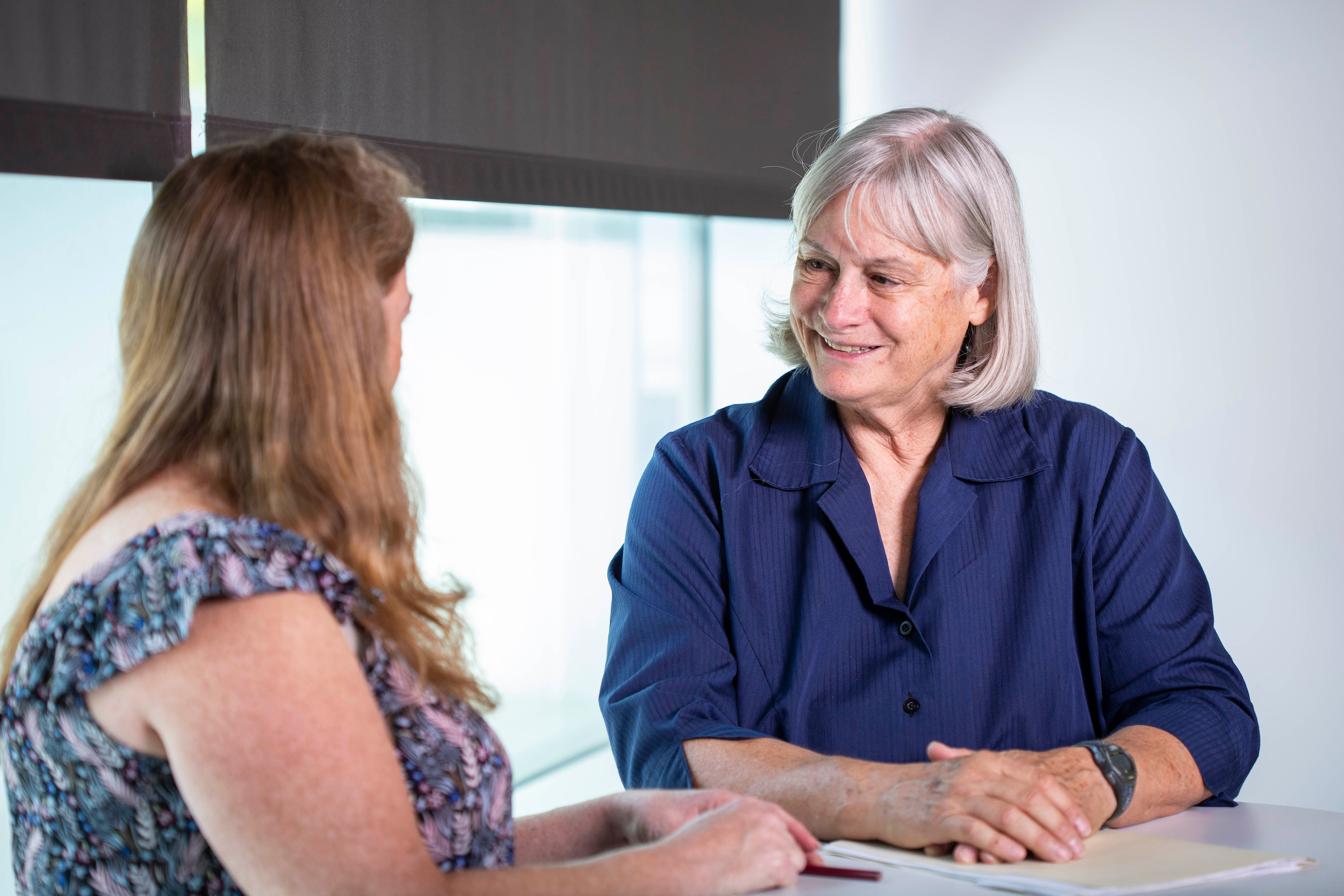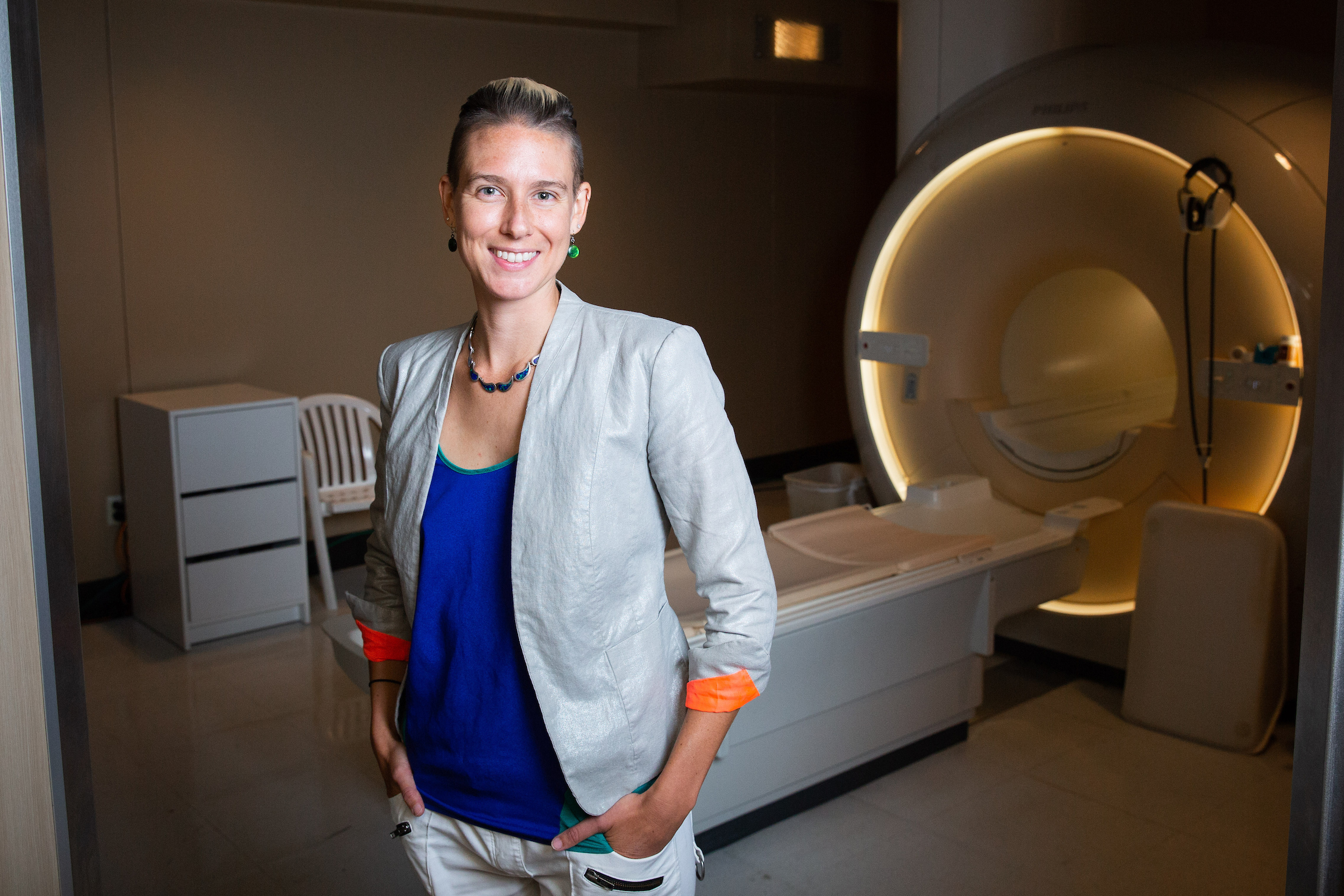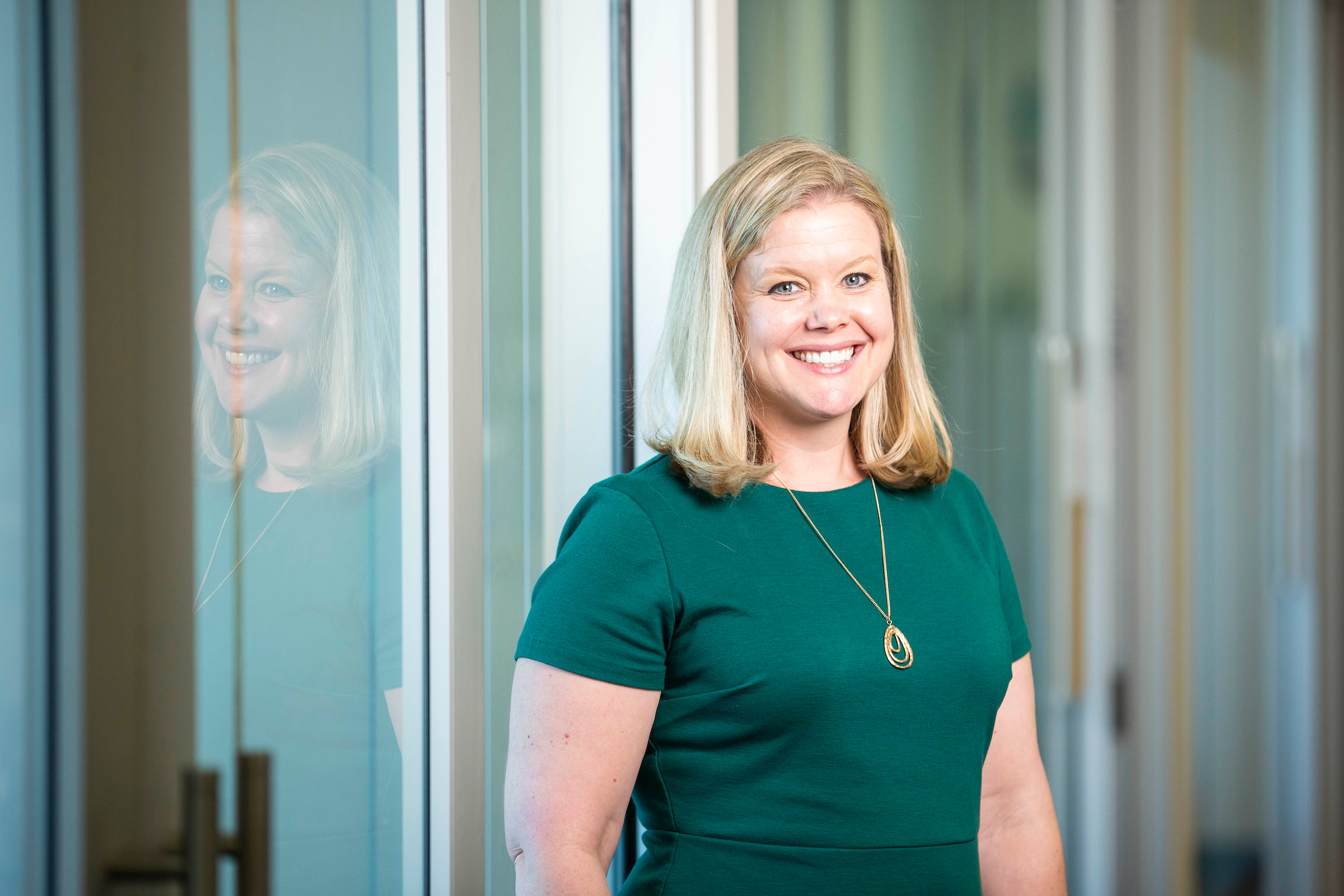Tuning in to 3 aspects of women's health
3 ASU profs share insights into women's health for National Women's Health Week
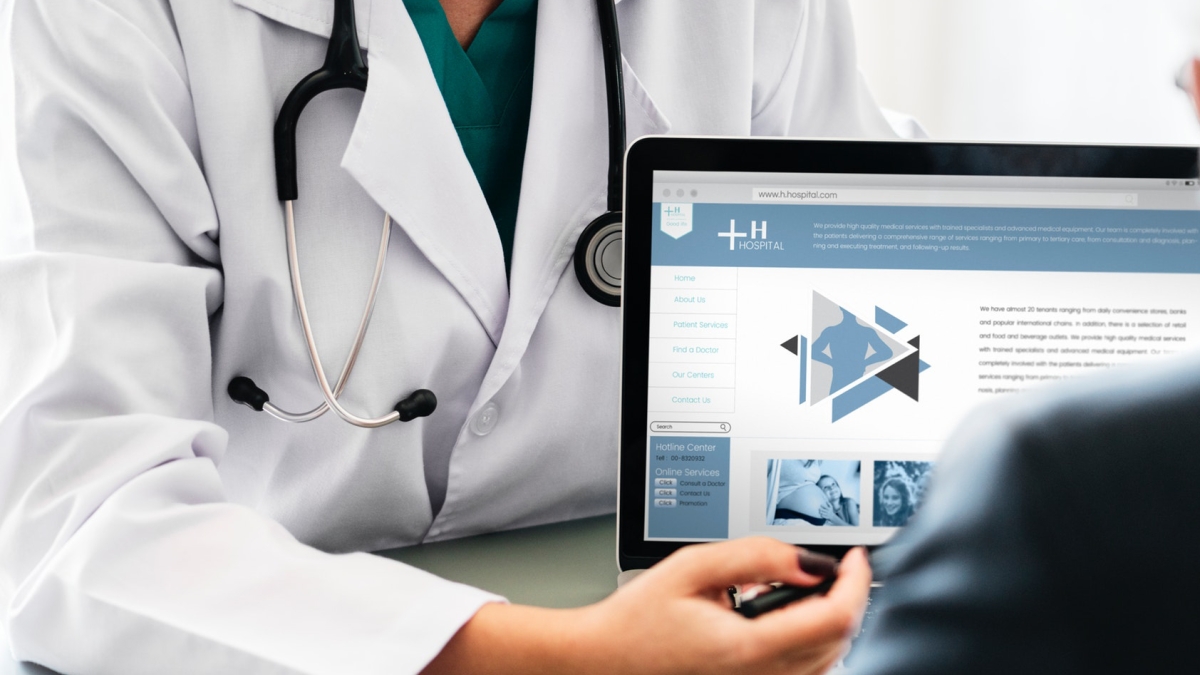
The popular adage that men are from Mars and women are from Venus might seem an antiquated notion nowadays. Yet even as our society looks more critically at gender constructs, there’s no denying the scientific biological differences between the sexes and the effects they have on our health.
In acknowledgement of National Women’s Health Week, ASU Now tapped a trio of experts from the College of Health Solutions whose research focuses on various aspects of women’s health over the lifespan: physical, cognitive and emotional.
Read on for their enlightening — and possibly reaffirming — insights.
Editor's note: Responses have been edited for length and clarity.
Let’s get physical
Barbara Ainsworth, College of Health Solutions Regents’ Professor, has spent most of her academic career trying to understand the differences between physical activities men and women tend to engage in. During her postdoc fellowship at the University of Minnesota, she noticed men tended to report more activity related to sports and recreation while women tended to report more activity related to housework and child-rearing. She took what she learned and helped to incorporate it into national surveys that measure physical activity.
Regents' Professor Barbara Ainsworth goes over work with Associate Professor Cheryl Der Ananian at the College of Health Solutions. Photo by Deanna Dent/ASU Now
Question: How does women’s energy expenditure tend to differ from men’s?
Answer: Women spend a lot more time and energy in taking care of the house and taking care of children. Those are probably two of the biggest differences, still to this day. Women do the housekeeping, cooking, picking up (and) maintaining children’s lives, especially young babies. That expends a lot of time and energy.
Q: Is that kind of energy expenditure still beneficial to one’s health, compared to what we think of as more traditional physical activities, like recreational sports or strength training?
A: Absolutely. Any time you’re moving and expending energy, that’s beneficial for your health. The question is how intense is that movement. Even lighter-intensity activity has health-enhancing value but 150 minutes per week of moderate activity is recommended. Things like vacuuming, especially if you’re going up and down the stairs, can be moderate or even vigorous exercise. So I would caution us from generalizing that men get more or better exercise than women. Also because women don’t only do housework as physical activity, and men don’t only do recreational sports as physical activity.
Q: How does a woman’s ability to perform physical activity change as she ages?
A: When women start to become menopausal, usually around 40, we see tremendous changes in skeletal mass and muscle tissue, as well as changes in metabolism that predispose women for putting on weight. So without stepping up exercise and engaging in weight training, it’s very easy to start losing skeletal mass and increasing body fat, which in turn makes it harder to exercise.
Q: How can a woman adapt physical activity as she ages?
A: What we’re seeing as women are aging now, especially women in their 50s and 60s, is there is much more emphasis on being physically active in terms of walking more. I think everybody can start off walking, that’s very easy. And if you have access to a gym membership, you can do water exercises because they’re easy on the joints, and if you’re overweight, it’s easy because of the buoyancy. And women should try to engage in activities that put resistance on muscles. I always say don’t let people lift things for you. Groceries, doors … At least maintain the strength that you have.
Q: What advice would you give women in regard to maintaining their physical health?
A: It’s very important for women from college on to try to maintain a healthy lifestyle, because as women get involved in the workplace, they’re going to be very busy because often, they’re also the ones who go home and maintain the house and children. So try not to give up exercise and maintain some level of active engagement across your lifespan, especially past retirement years. It’s really easy to fall out of that practice and really hard to get back into it.
Sending you forget me nots
Blair Braden, College of Health Solutions assistant professor, has conducted much of her research on sex differences in cognition, at one point even constructing a human-size version of a lab rat maze to assess differences in spatial memory. Her research looking into how hormones affect women’s cognition in animal models has revealed that by-and-large, progestins in birth control and menopausal hormone therapies have a pretty strongly negative affect on memory.
ASU Assistant Professor B. Blair Braden poses for a portrait with the MRI machine she uses in her Autism Brain Aging Laboratory research. Photo by Deanna Dent/ASU Now
Question: How do men and women differ cognitively?
Answer: There are domains that we have slight advantages in, with the caveat that while there are slight advantages, it's not deterministic. Women usually have a better verbal memory than men and the flip side of that is that men tend to do a little bit better with spatial stuff. But women can be fantastic at spatial things and men can be fantastic at verbal things. Also, women are more frequently diagnosed with depression and anxiety.
Q: What accounts for those differences?
A: In both human and animal models, where women are at in their (menstrual) cycle will influence how they perform spatially. Women have all these things going on with our hormones that affect our cognitive abilities, whether we're cycling naturally or we’re taking hormones to not get pregnant or to mitigate menopause. Men have a much more constant milieu of hormones. ... So it just adds this whole other factor that men don't deal with. In terms of depression and anxiety, research shows that the brunt of housework and child-rearing still falls on women. So stress related to family maintenance definitely more adversely affects women, and we are not at our cognitive best selves if we're under stress or we’re feeling anxious or depressed.
Q: How do hormones affect a woman’s cognitive health over her lifespan?
A: When women are of child-bearing age, a lot of them complain about memory problems in their third trimester of pregnancy. That’s when their bodies are producing a lot of progesterone, which can have an adverse affect on memory and cognitive ability. With menopause, the rapid loss of hormones can be detrimental to the brain and puts women at risk for pathological aging, or Alzheimer’s disease. But how your body responds to hormones is likely influenced by how it lost them. So if you had surgical menopause and all of your hormones were gone in one day, then there's some research to suggest that giving you hormones back is beneficial, to sort of ease the shock of that. Whereas, there’s also research to suggest that if you’ve gone through natural, transitional menopause, and your ovaries still do kind of release these residual hormones that are actually kind of more like male hormones, that maybe giving you hormone therapy is not so beneficial. So that makes it really mucky. If anything, what we can take away from this is that hormones can be really powerful for affecting our cognition.
Q: What advice would you give women in regard to balancing cognitive health with the need to take hormone-based medications?
A: Birth control and hormone therapy exist for real reasons; women don't want to get pregnant and women don't want to have hot flashes. And those are very legitimate reasons to take medication. So they shouldn’t have to suffer because they’re scared of not knowing how those things will affect them cognitively. Women should pay attention to these things about themselves, and if they’re not feeling good, if they’re feeling like their cognitive abilities are not as they were before they started taking medication, then maybe consider that that could be something they could try changing. Talk to your doctor and try to go through the research about your specific case with your doctor as much as you can. I think the National Institute of Health’s recommendation right now is to take hormone-based medications for the shortest amount of time that you need to manage your symptoms. And I think that's pretty good advice. But as a society, we should also demand for better. Demand more funding to be able to optimize cognitive health for women as we age.
I get so emotional, baby
Colleen Cordes, College of Health Solutions assistant dean and clinical professor, wants to disrupt the typical health care model by providing mental health care in the primary care setting in order to comprehensively address the mental and physical well-being of patients.
Assistant Dean and Clinical Professor Colleen Cordes poses for a portrait at the College of Health Solutions. Photo by Deanna Dent/ASU Now
Question: What are some of biggest concerns regarding women’s mental and emotional health today?
Answer: I think part of the challenge is stigma. Women are a little bit more likely to seek out services than men but there's still a lot of stigma associated with mental health care. There’s the assumption that we should be able to handle things ourselves or the assumption of weakness if somebody is seeking out care. With women in particular, who are trying to juggle multiple demands at work and at home, it can be difficult to balance all that. Never mind issues like postpartum depression or postpartum anxiety.
Q: What are some ways issues of mental health can differ between men and women?
A: Women are faced with the unique evolution of their bodies that over time can affect health and well-being. Oftentimes puberty is around the time that depression and anxiety onset occurs, and we see unique challenges during the child-bearing and child-rearing ages, as well as menopause and the hormonal changes that occur there. So our bodies uniquely contribute to mental health in a way that men may not necessarily experience. The prevalence of depression and anxiety is higher in women than it is in men. My particular area of interest, which has more bio-psycho-social ramifications, is addressing issues of sexual health and well-being for women.
Q: How is that related to women’s mental health?
A: If women are experiencing mental health concerns, they're often times going to experience body image challenges, or perhaps interpersonal difficulties that may influence access to sexual pleasure. Their ability to kind of stay in their body during sexual encounters and really experience that pleasure is going to vary pretty considerably. If you're constantly worried about those kind of things and not attending to the physical sensations in your body, that’s going to impact things as well. We know that women experiencing depression, for example, experience lower levels of libido and a decreased in sexual interest.
Q: How does a woman’s emotional and mental health change as she ages?
A: The age of onset for depressive symptoms and anxiety symptoms is typically adolescence. So if a woman emerges with those symptoms in adolescence, she’s much more likely to carry them into adulthood. In adolescence, you often see depression or anxiety associated with body image. With pregnancy, you oftentimes see postpartum anxiety and depression and even stress when it comes to conception in the first place. In the elderly, we see issues of anxiety and depression that are exaggerated by isolation and changes in physical functioning or the onset disability.
Q: Do you ever find that women feel pressure to ignore mental health issues?
A: I do think that society places an incredible amount of pressure on women today to be perfect. They’re expected to be strong and successful at work while still being motherly and good-natured at home, and those kinds of expectations of perfection can definitely set somebody up for mental health concerns.
Q: What advice would you give women in regard to taking time for their mental health?
A: Recognize that it's OK to prioritize yourself and your well-being. Culturally, we tell women that they are supposed to take care of other people. And that's OK — that's often a wonderful thing that provides a lot of fulfillment, but you're going to be much more effective at taking care of other people if you take care of yourself first. I have four children and if I’m not taking care of myself on a day-to-day basis, there’s no way I could be effective in taking care of them. For me to be the best mom, the best partner, the best whatever, I need to engage in some self-care.
Top photos by Pexels
More Science and technology
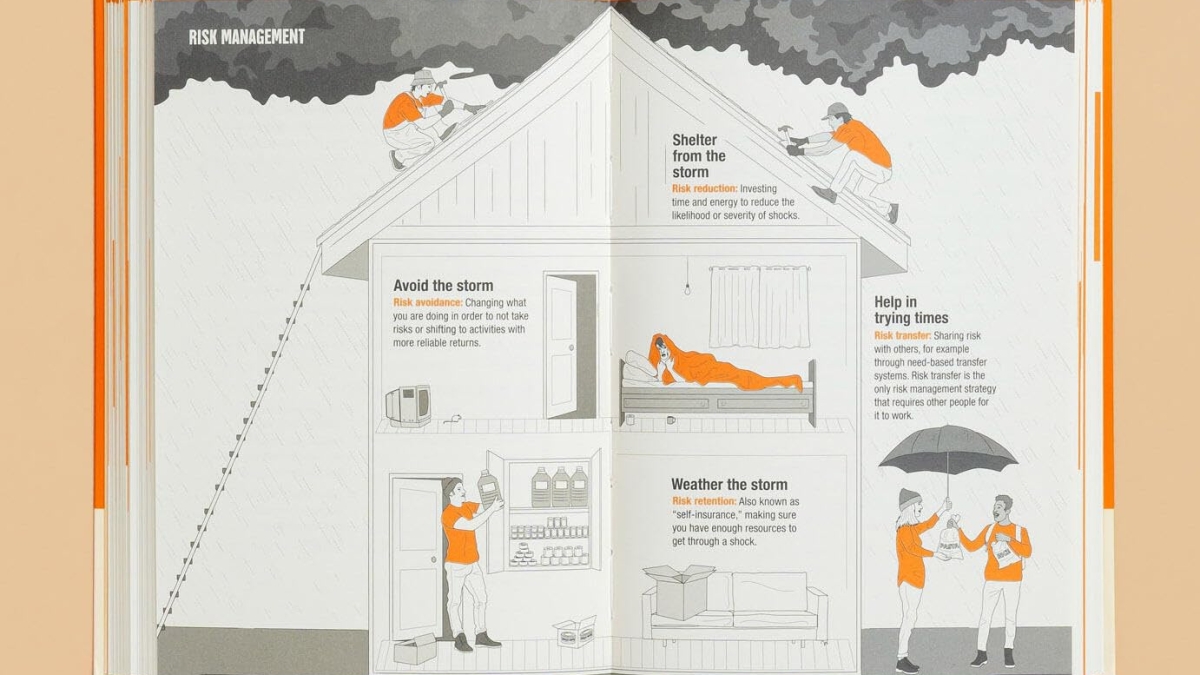
ASU author puts the fun in preparing for the apocalypse
The idea of an apocalypse was once only the stuff of science fiction — like in “Dawn of the Dead” or “I Am Legend.” However these days, amid escalating global conflicts and the prospect of a nuclear…

Meet student researchers solving real-world challenges
Developing sustainable solar energy solutions, deploying fungi to support soils affected by wildfire, making space education more accessible and using machine learning for semiconductor material…

Miss Arizona, computer science major wants to inspire children to combine code and creativity
Editor’s note: This story is part of a series of profiles of notable spring 2024 graduates. “It’s bittersweet.” That’s how Tiffany Ticlo describes reaching this milestone. In May, she will graduate…
